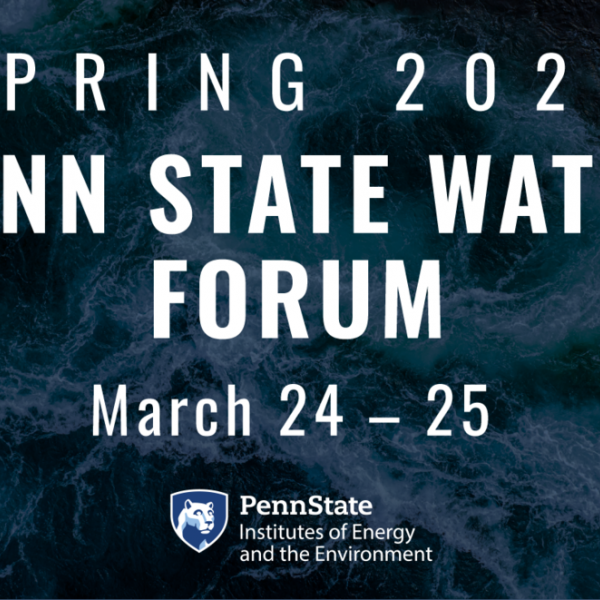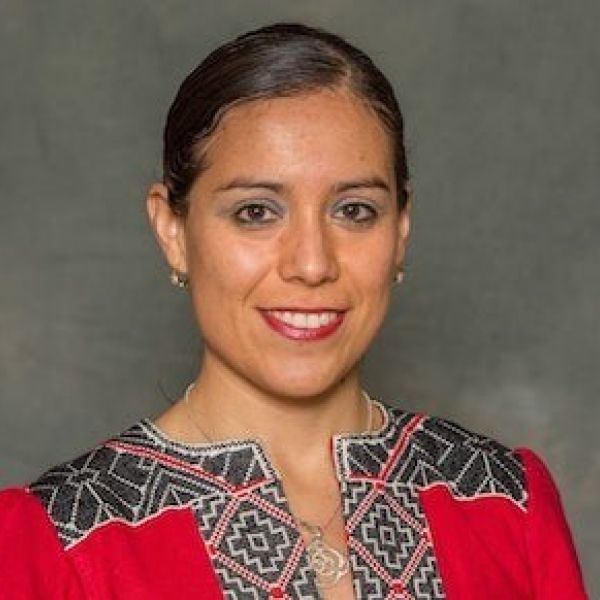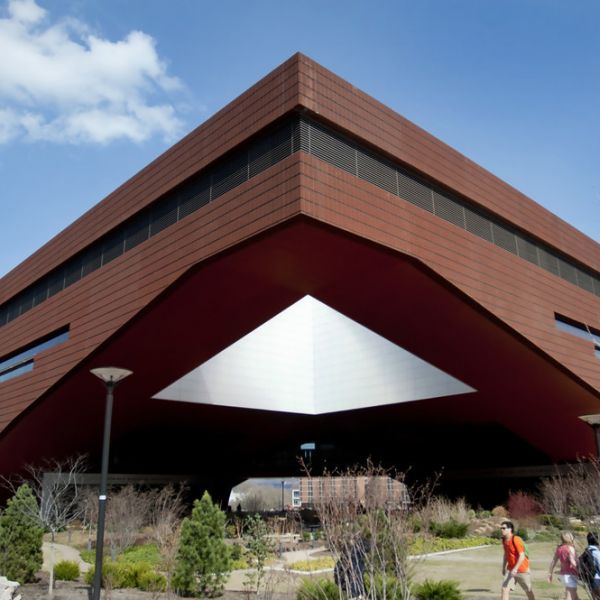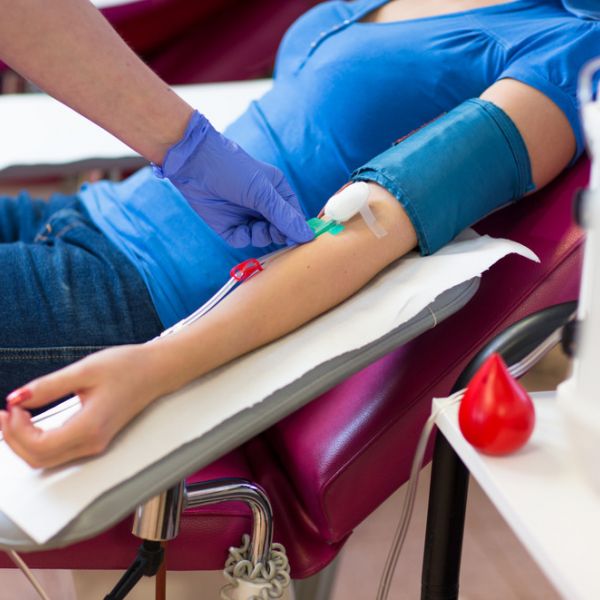News

Mar 11, 2021
Eberly college welcomes alumna Melanie McReynolds as new faculty member
The Eberly College of Science has announced that alumna Melanie McReynolds will join the faculty of the Department of Biochemistry and Molecular Biology as Dorothy Foehr Huck and J. Lloyd Huck Early Career Chair in Biochemistry and Molecular Biology.
Full Article

Mar 10, 2021
2021 Water Forum to take place on March 24, 25
The Penn State Water Council has announced the agenda for the 2021 Water Forum, which will take place virtually on the afternoons of Wednesday, March 24, and Thursday, March 25. The forum is an opportunity for the Penn State water community to come together to hear from outside speakers and get updates on and contribute to key Penn State water initiatives.
Full Article

Mar 09, 2021
Another common cold virus?
If it becomes endemic — circulating in the general population — and most people are exposed in childhood, SARS-CoV-2 may join the ranks of mild cold-causing coronaviruses that currently circulate in humans.
Full Article

Mar 08, 2021
Neuroethics researcher and professor joins Penn State
Laura Cabrera, a researcher in neuroethics and neurotechnologies, joined the Penn State Department of Engineering Science and Mechanics as an associate professor on March 1.
Full Article

Mar 08, 2021
New Appointments to Build on Excellence in Graduate Training
Two familiar faces within the Huck's graduate program system will be adding new roles to support the Institutes' portfolio of extramurally-funded programs.
Full Article

Mar 04, 2021
Undergraduate Research Award Funds Pollinator Photo Project
Darya Alvarez completed a photography project funded by an Apes Valentes Undergraduate Research Award. Her goal is to help viewers gain a greater appreciation of the critical role that bees play in the survival of terrestrial ecosystems.
Full Article

Mar 04, 2021
Materials Research Institute announces seed grant recipients
The Penn State Materials Research Institute (MRI) has announced the 2021 recipients of seed grants that will enable University faculty to establish new collaborations with partners outside their own units for exploration of transformative ideas for high-impact materials science and engineering.
Full Article

Mar 02, 2021
Wolf social group dynamics matter for infectious disease spread, models suggest
By modeling wolves in Yellowstone National Park, researchers have discovered that how a population is organized into social groups affects the spread of infectious diseases within the population. The findings may be applicable to any social species and could be useful in the protection of endangered species that suffer from disease outbreaks.
Full Article

Feb 26, 2021
Elizabeth McGraw named head of Department of Biology
Elizabeth McGraw, professor and Huck Scholar in Entomology and director of the Center for Infectious Disease Dynamics (CIDD) at Penn State, has been named the new head of the Department of Biology.
Full Article

Feb 25, 2021
Study finds short window for donating convalescent plasma to COVID-19 patients
The optimal timeframe for donating convalescent plasma for use in COVID-19 immunotherapy, which was given emergency-use authorization by the Food and Drug Administration in August 2020, is within 60 days of the onset of symptoms, according to a new Penn State-led study.
Full Article